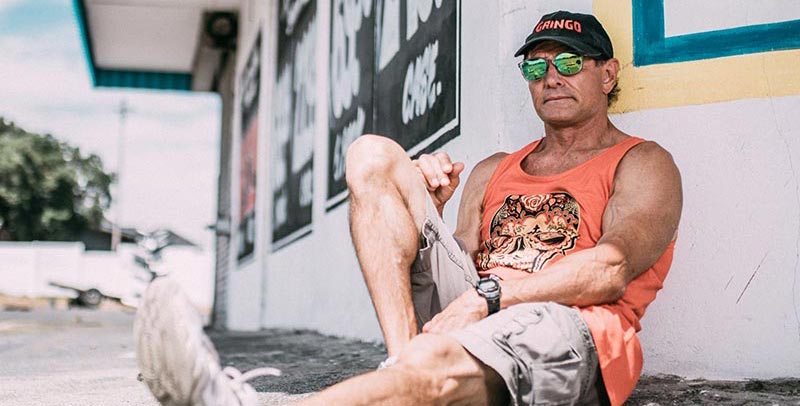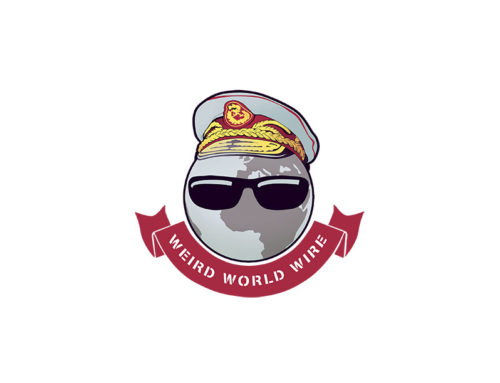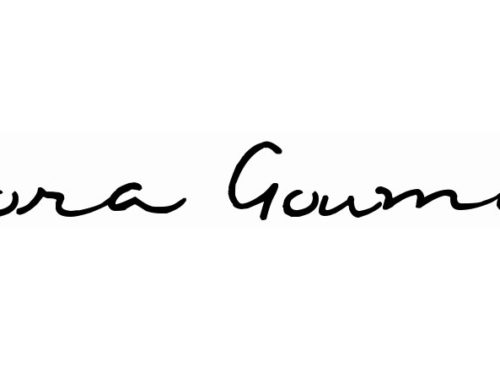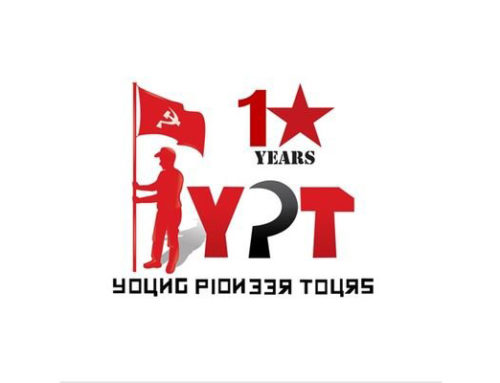Dan “Tito” Davis chatted with Digital Journal about his real-life memoir “Gringo: My Life on the Edge as an International Fugitive.
“My book was titled Gringo because in Latin America a foreigner is called a ‘gringo,’ not necessarily American but a European or someone from outside of Latin America they are called gringo,” he said. “I was literally a gringo in Latin America so why not sport it as the title of my book.”
Davis noted that he had two challenging experiences while he was on the run from the law. “The first was coming up with a name and an identification card that most people would accept ,and of course one that would get through the police security. Once I had that secured, the following issue was to learn an entirely new language. As it turns out, one of my Spanish instructors in Medellin, Columbia was teaching me Spanish in the morning, but what I didn’t know was that the same person had two jobs. The second being a Sicario or an assassin. One day, she comes home shot so that terminated those Spanish lessons, needless to say I definitely had some challenges learning Spanish.”
He had told the Dalai Lama the following when asked him about his book: “Your Holiness, this book is about Perseverance. It is about hope, it is about survival.” “That, in essence, is the same thing that I felt he preaches about,” he said.
Davis continued, “This book basically is saying never give up. Move forward. I feel that this book is entertaining as much as it is an easy read so that people can be inspired to never give up, to be resilient, to keep charging forward. Always think positive, even even in the darkest of times.”
Digital transformation of book publishing
Davis also opened up about the digital transformation of book publishing. “When I left the United States to be an international fugitive and never return I told myself the only way I’m coming back is either with pennies in my eyes or in handcuffs,” he said. “Back then the fax machine was high tech, people used to come out to your car, checked the oil and filled up the gas tank, along with washing your windows. I am a technology dinosaur.
“When I was on the bus going to a halfway house, I couldn’t believe everyone had a phone, one guy even orders a pizza and has it delivered at one of our stops from the phone. I had no idea what was going on out was crazy. It was like coming out of a cave for the first time.”
The origin of book idea
When Davis was in prison, he was contacted by some writers in Hollywood. “They wanted to do a movie or read a book about my life as international fugitive, needless to say that wasn’t going to happen in the visiting room or done properly in a visit room from a federal prison,” he said. “They told me to write about all of the adventures that I could remember down before I forgot. I started writing and I wrote about 800 pages. In federal prison, there are no computers or word processors available to write on. If you ever wonder where all of the old typewriters went, they are in the basement of some federal prison law library. With inmates taking out the ribbons, turning them over to get more ink out, then rewinding them. Typewriter ribbons with ink are a big thing in federal prisons.”
Davis continued, “When I got out of prison, a few more writers contacted me. I picked Peter Conti. He and I managed to get the manuscript down to 500 pages. My editor, Barry Sheinkopk, then reduced it to 300 pages. From my information, 300 pages is what the normal American reads in a week, books with more than 300 pages intimidate the typical reader. That’s how we came up with that number.”
Book sequel
When asked about a sequel for the book, he said, “I have a lot of material that did not make the cut in this book. Presently, we are working on taking this to the next level, which is either a mini-series or major production movie. I am probably more set up for mini-series because I have a multitude of material.”
He added, “Most people are struggling for material to write a true life adventure novel. In my case, I had an excess of that. One person told me the only problem with my book Gringo was that I had to live it to write it.”
Gringo: The possibility of a film or mini-series
Davis shared that he has been in negotiations with Hollywood film producers to turn this book into a motion picture. He name-dropped that he is in talks with the agents of such actors as Mark Wahlbeg and Brad Pitt. “The material is there, there are numerous companies such as Netflix, Amazon, and Deamwotks looking for the material that we have. It’s only a matter of time before this book is a mini-series or a major production movie,” he said.
His advice to anybody out there, who is thinking about getting into anything illegal, especially drugs, is the following: “It never ends well, you are much better off getting a job as a UPS truck driver. Stay away from drugs. It will not end well, believe me. I am living proof.”
Davis opens up about food in prison
Davis also admitted that the food in prison is horrible, so when he was released from the halfway house, he went to Walmart. “I was in information overload with all of the products in there. I couldn’t believe it,” he said. “When I walked in the Walmart and saw all the products I started buying things that I had never seen before. I wanted to try everything. From the chicken, to the deli, to the pastry section to the ice cream section, and the fruit section too. I bought a huge bag full of food, I could not bring any food back to the halfway house. I sat there on the curb, just eating, trying to eat it all before I had to return to the halfway house. When I could eat no more, I gave it to a few people leaving the store. The blizzards at Dairy Queen, I would rate as the number one food I now enjoy.”
Gringo: My Life on the Edge as an International Fugitive is available on Amazon.







Leave A Comment